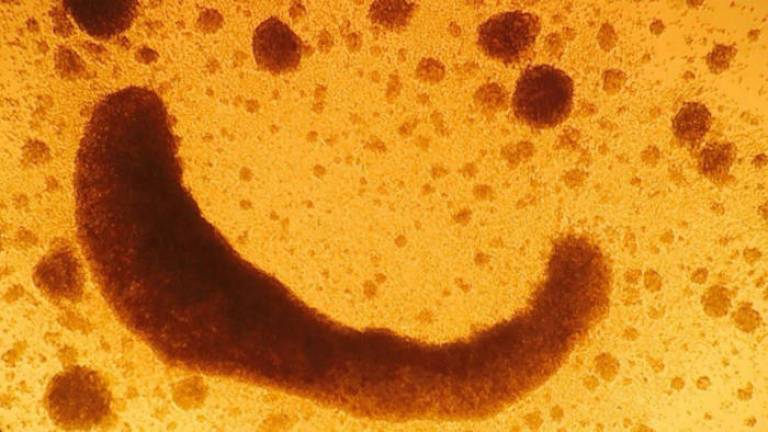Cell therapy results ‘very promising’ in children with cancer
17 September 2019
A personalised immune treatment for cancer, developed at University College London, has given “very promising results” in its first clinical trial on children with previously incurable leukaemia.

The therapy is a “living medicine” in a new class known as Car-T. It involves extracting immune cells from the patient, genetically engineering them in the lab to recognise the cancer cells, and then infusing them back into the bloodstream.
Doctors at Great Ormond Street Hospital in London treated 14 children with incurable acute lymphoblastic leukaemia (ALL), the most common cause of cancer death in people aged under 18. They had exhausted all normal treatments, including chemotherapy, radiotherapy and bone marrow transplants, and were expected to die very soon.
The results, published in Nature Medicine, showed that 12 of the 14 patients cleared their disease within three months, although in seven there was some recurrence. Five have remained free of leukaemia. Two did not go into remission.
The experimental Car-T therapy, known as CAT-19 or Auto1, was discovered at UCL Cancer Institute and is being commercialised by Autolus, a biotech spinout from UCL. The first Car-T product to reach the UK market, Kymriah from Novartis of Switzerland, has been available on the National Health Service for a year to treat a tightly defined group of ALL patients.
According to the Great Ormond Street Hospital researchers, the clinical trial results suggest that CAT-19 is superior to Kymriah in two respects. First, said Professor Persis Amrolia, it avoids a frequent and serious side-effect of Kymriah, called cytokine release syndrome, when the immune system goes into overdrive following treatment. CRS causes a high fever and often requires the patient to receive intensive care.
The other advantage is that CAT-19’s engineered immune cells seem to persist for longer in the patients than other Car-T therapies, enabling the body to resist any recurrence of the cancer for years after treatment.
“The safety profile emerging from this paediatric study is encouraging,” said lead author Sara Ghorashian. “It is very promising to see these strong remission rates and excellent Car-T cell expansion and persistence.”
One patient who has been saved by the new treatment is 10-year-old Austin, who has suffered from ALL since the age of two. By the time he was eight all treatments available then had failed.
“When Austin relapsed for a fourth time, we thought we had exhausted every last option,” said his father Scott Sweeney. “He had the cells at GOSH in October 2016 and, two and a half years later, Austin is doing so well . . . Every night he is at the scooter park with his friends. It is lovely to see him full of energy."
Altogether, UCL is running nine early-stage clinical trials of Car-T, including one using the same CAT-19 therapy in adult ALL patients.
“Car-T therapy is a fantastic example of using the power of the immune system to specifically target cancer cells,” said Prof Amrolia. “We’re just at the beginning of this new treatment and over the next few years I hope we can refine it further.”
Photo: Activated human T cells before being converted to Car-T cells © Sara Ghorashian
 Close
Close

